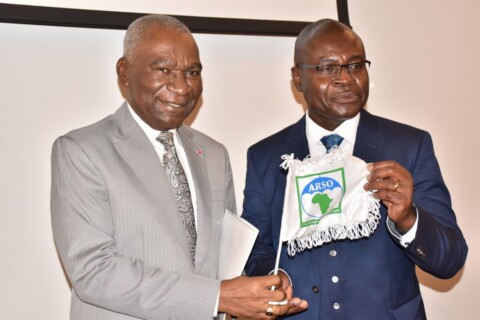A Non-Governmental Organization (NGO) called “Education for Accelerated Development” has praised President Bola Tinubu for dismissing the Minister of Education, Prof. Tahir Mamman. They described this decision as necessary and long overdue. The President removed Mamman along with four other ministers from his cabinet to improve the effectiveness of the National Executive Council. This reshuffle is seen as a crucial step toward enhancing the education sector in Nigeria.
According to a statement from the President’s special adviser on media and publicity, Bayo Onanuga, the cabinet changes also included the Minister of Women Affairs, Uju-Ken Ohanenye; the Minister of Tourism, Lola Ade-John; the Minister of State for Housing and Urban Development, Abdullahi Muhammad Gwarzo; and the Minister of Youth Development, Dr. Jamila Bio Ibrahim. In addition to these removals, Tinubu appointed seven new ministers, such as Bianca Odumegwu-Ojukwu as Minister of State for Foreign Affairs and Jumoke Oduwole as Minister of Industry, Trade, and Investment.
Dr. Livinus Mbaonu, the National Coordinator of EDAD, stated that Mamman’s leadership threatened to reverse the progress made in Nigeria’s education sector. Mbaonu outlined ten reasons for Mamman’s dismissal. A significant issue was his statements that led to diplomatic tensions between Nigeria and neighboring countries like Benin and Togo, resulting in the suspension of degree programs from universities in those nations.
Mbaonu pointed out that Mamman’s claims about the number of accredited universities in Benin were incorrect. He suggested there were only three, while the actual number is over 50, creating confusion about the legitimacy of those institutions. Moreover, Mamman’s management of the National Youth Service Corps (NYSC) scheme blocked many Nigerian graduates from participating, causing frustration among students.
The NGO leader also highlighted Mamman’s failure to coordinate among key educational bodies, which resulted in conflicting information and left many graduates without access to professional exams or the NYSC. Mbaonu criticized Mamman for his inefficiency in the accreditation process, noting that despite visiting over 50 universities for approvals, none received accreditation.
Mbaonu mentioned Mamman’s involvement in appointments within various educational agencies, which led to dissatisfaction and inefficiency. His introduction of an 18-year minimum age policy for university admissions sparked a lawsuit, as many viewed it as restrictive and discriminatory. Additionally, Mamman’s controversial declarations about dismissing Nigerians with degrees from Benin and Togo resulted in job losses and unrest.
Lastly, Mamman’s false promise that the federal government would provide stipends to unemployed graduates created unrealistic expectations. Mbaonu concluded that a clear lack of cooperation between Mamman and other officials in the Ministry of Education negatively impacted the ministry’s operations. The recent changes in the cabinet are seen as a positive move towards addressing these ongoing challenges in Nigeria’s education system.





